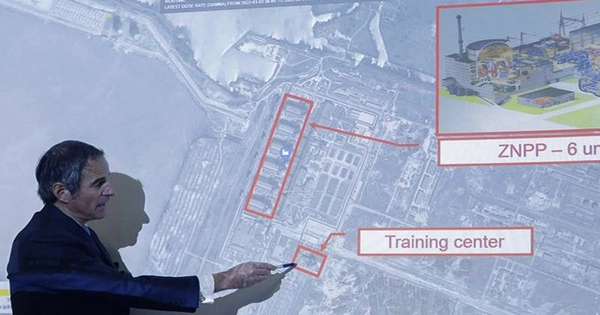In February of this year, Deel, a company that lets clients recruit labor in different countries, said that it has developed the capacity to pay workers in cryptocurrency. Regardless of your feelings about the financial cleverness of such a move, TechCrunch reported the story since we follow Deel closely. Why? Because the previous firm has had a tremendous development in the past, with CEO Alex Bouaziz revealing in December 2021 that it has risen to $50 million in annual recurring revenue or ARR. According to the executive’s tweet, Deel started the year with about $4 million in ARR.
Last October, the company raised $425 million at a valuation of $5.5 billion. Now fast forward to the present: Deel announced that it has exceeded the $100 million ARR threshold, a significant milestone for any technological startup since it means the company has grown to public-market scale — and is no longer a startup in any sense of the term.
Deel’s historical growth statistics comes after Firstbase, a firm that helps organizations acquire and distribute gear and other remote-work needs to far-flung employees, raised $50 million after seeing 16x sales growth since last April. It appears that assisting remote employees is a huge business.
To get a better understanding of Deel’s sales milestone, TechCrunch scratched the firm’s pricing page and asked the company a few clarifying questions. The answers were a little hazy, but we can get some work done. Let’s have a conversation with Deel about the situation. Deel’s income is increasing.
Take, for example, the Bessemer graphic, which shows historical instances of firms rapidly rising to $100 million in ARR in a short period of time. Deel celebrated its own new milestone in the following way. Kleiner Perkins led a Series B round of fundraising for Firstbase today. When the world’s remote work transition was well underway, TechCrunch covered the company’s Series A.
We were wondering about how Firstbase is planning for the future in a more hybrid environment, with organizations large and small attempting to find out how to combine in-office personnel with staff working from home. Customers may use the startup to onboard remote workers, ensuring that they have the necessary gear when they need it. If you moved jobs during the epidemic, you’re probably aware that distributing technological items to new hires isn’t always easy, a reality that becomes more difficult when the physical distance between corporate headquarters and individual workers increases.
















